Written by : Knowledge Centre Team
2025-11-07
1008 Views
12 minutes read
Share
It may sound surprising, but self-employed people outnumber salaried individuals in the country. In 2013, over half of the 473 million workers in the country were self-employed. A large number of self-employed people have made India the a country with one of the largest gig economies in the world. However, self-employment is a broad term and encompasses a wide variety of workers ranging from casual labourers to freelance writers and graphic designers. There is a significant difference in the functioning and payment schedules of self-employed and salaried individuals. Most self-employed workers have irregular payment schedules and need tax saving investment options in sync with their payment timetable.
While opting for an investment, a self-employed individual should not just look at the initial tax saving but also seek tax-free returns. There are three phases to an investment - investment phase, accumulation phase and withdrawal phase. Many instruments help in tax saving in the investment and the accumulation phase, but are taxed in the withdrawal phase. Self-employed people should invest in a mix of instruments with different tax saving capabilities. Here are a few tax-saving tips for self-employed people.
Self-employed individuals can use a mix of tax-free investment options for tax savings along with optimising returns. Fixed deposits and ELSS can be used for short-term goals, while NPS and ULIP can be used to fulfil long-term goals such as retirement planning and child's education.
An OTP has been sent to your mobile number

Sorry ! No records Found
Thank You for submitting the response, will get back with you.
Disclaimer - This article is issued in the general public interest and meant for general information purposes only. The views expressed in this blog are solely those of the writer and do not necessarily reflect the official policy or position of Canara HSBC Life Insurance Company Limited or any affiliated entity. We make no representations or warranties of any kind, express or implied, about the completeness, accuracy, reliability, suitability, or availability with respect to the blog or the information, products, services, or related graphics contained in the blog for any purpose. Any reliance you place on such information is therefore strictly at your own risk. You should consult with a qualified professional regarding your specific circumstances before taking any action based on the content provided herein.
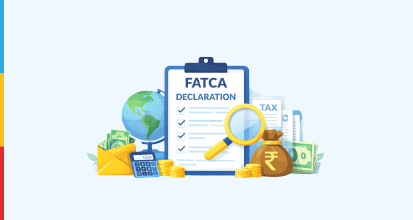
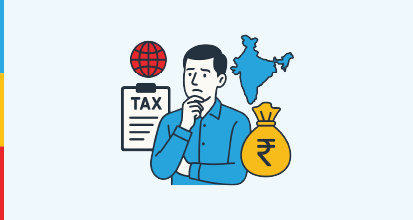
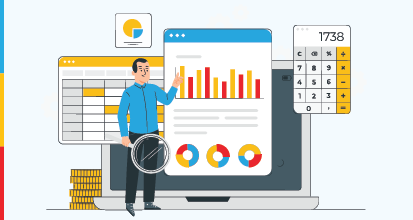



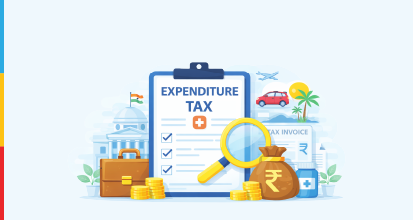
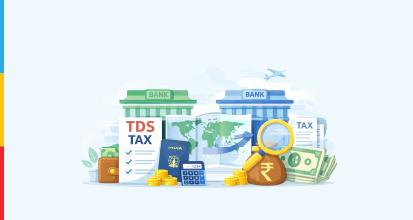

We bring you a collection of popular Canara HSBC life insurance plans. Forget the dusty brochures and endless offline visits! Dive into the features of our top-selling online insurance plans and buy the one that meets your goals and requirements. You and your wallet will be thankful in the future as we brighten up your financial future with these plans.